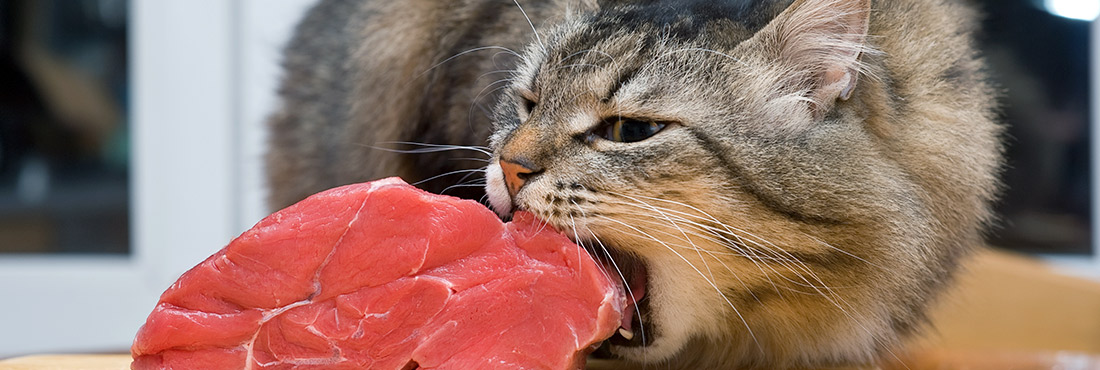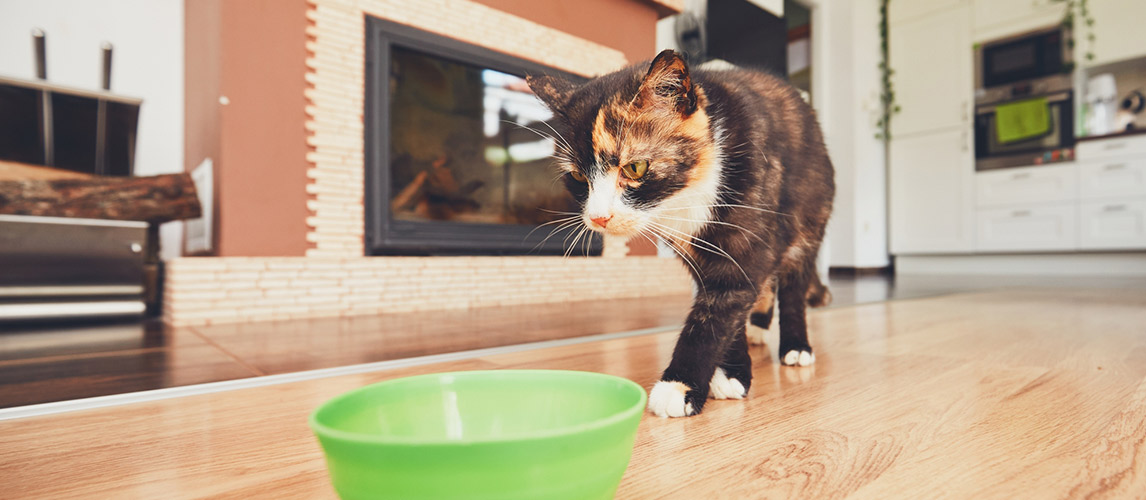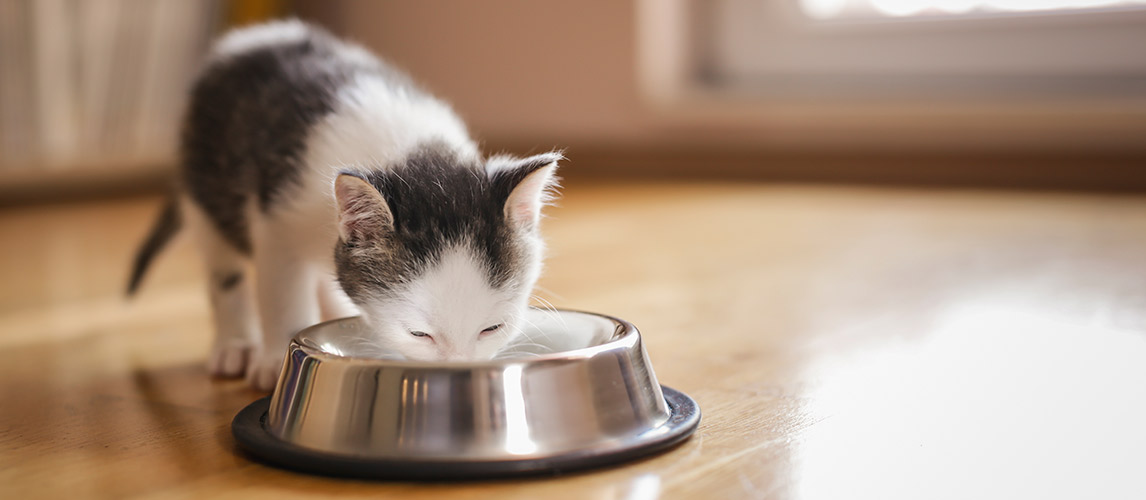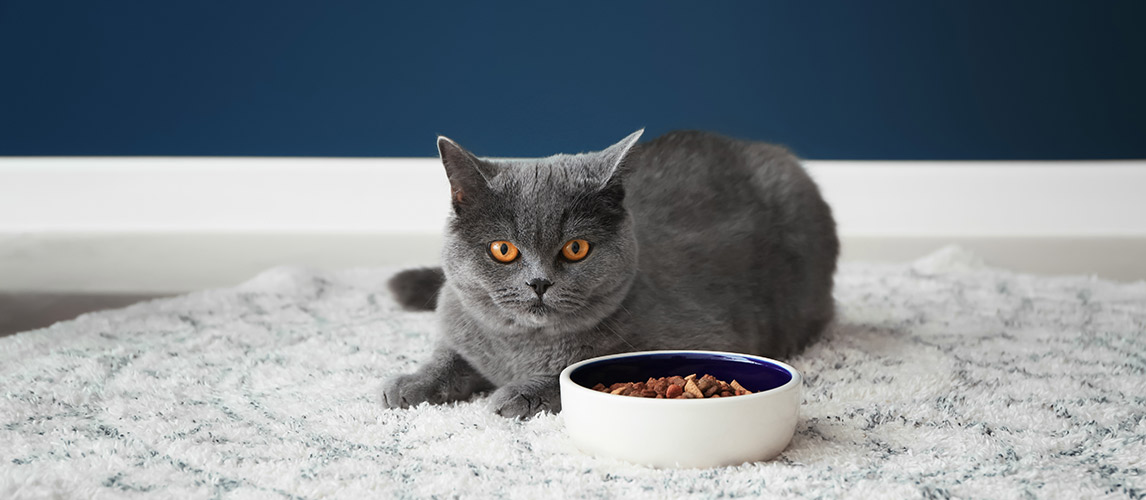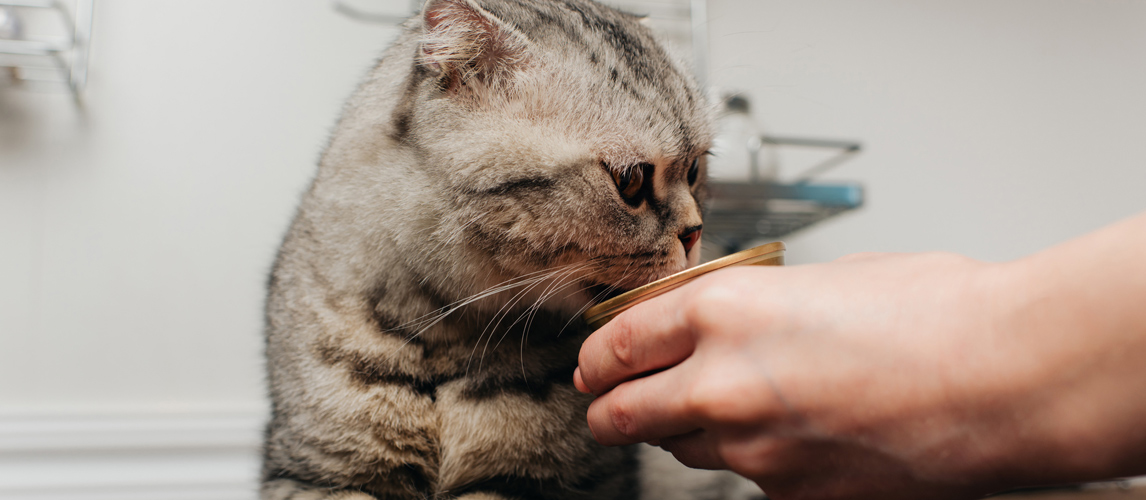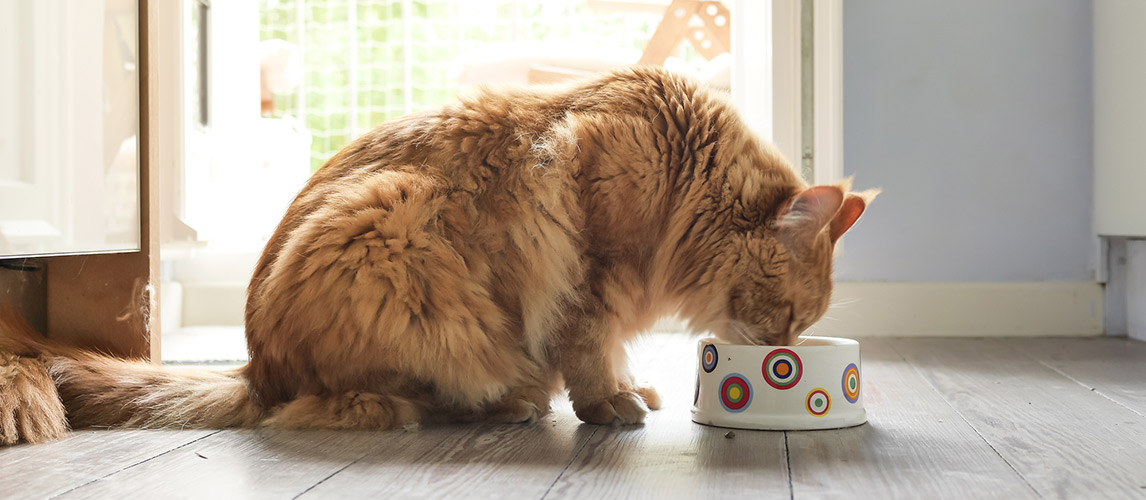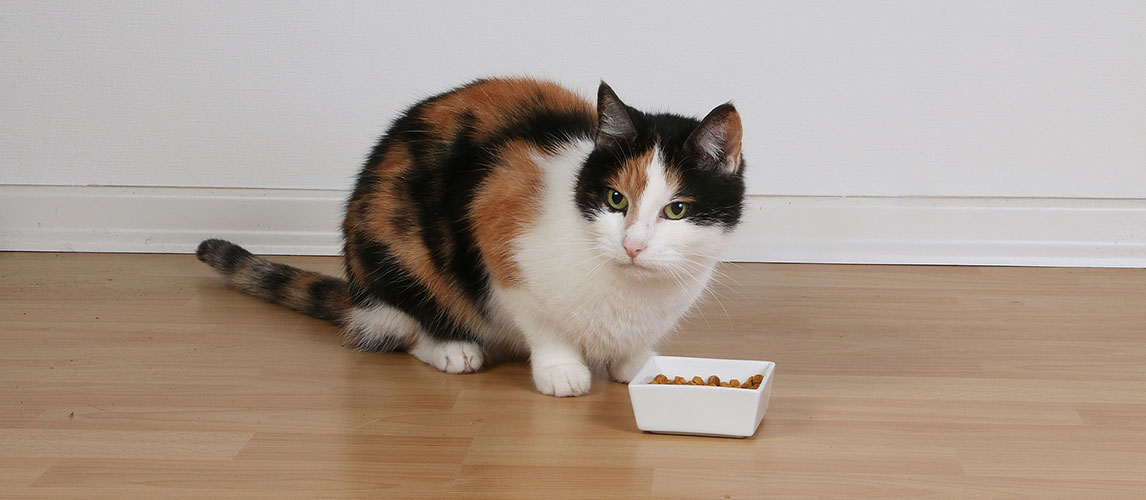Like every other living being on the planet, cats rely on a diet that will suit their individual needs. To be happy and healthy, your feline friend requires a number of minerals and vitamins to thrive. So with veganism and vegetarianism on the increase and a number of vegan options being produced for dogs, you may be wondering if your cat can also benefit from the vegetarian or vegan lifestyle too.
Why Do Cats Eat Meat?
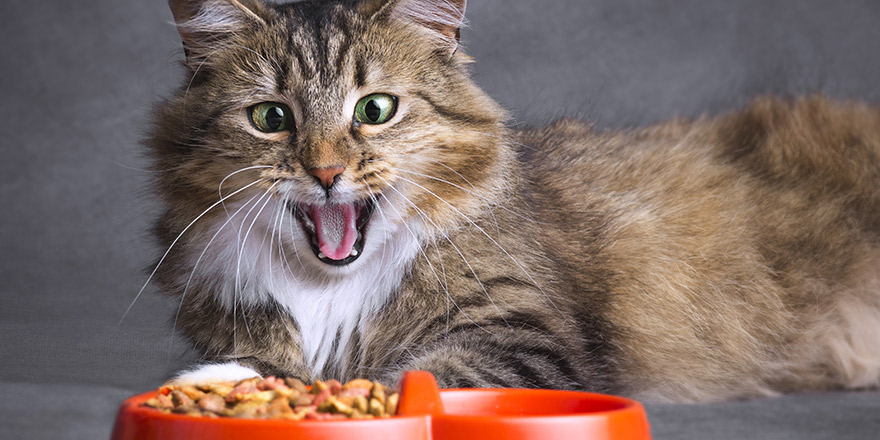
Just like humans and other animals, there are specific components that cats’ systems rely on to keep them functional and in tip-top health. To sum up, cats depend on meat for ingredients that a plant-based diet can’t provide or can only provide a minimal amount of. Any cat food product will have an abundance of nutrients derived from animal sources as these will be able to meet the needs of your feline.
Omega Fatty Acids
Essential omega fatty acids are vital in the maintenance and development of muscles, cell cycles, and hormones. Although some omega fatty acids can be supplied by plant material, these won’t be enough to help support your cat’s system. Therefore, it’s immensely more beneficial to supply your cat with these fatty acids through fish or fish oil.
Amino Acids
Amino acids are the compounds that form together to create protein. Since cats have a higher protein requirement than other animals, they are able to break down protein quickly so when amino acid supplies are low this can wreak havoc on their system. This is because they are unable to adapt to breaking them down slowly.
Within a vegan diet, these acids can be found in plenty of plant sources. However, taurine, which is crucial for eye and heart health, bile formation, and reproduction in females is only found in eggs, fish, and meats.
The Difference Between Carnivores and Omnivores
Carnivores are those that demand meat to survive whether they are wild or not. Cats fall under this category as they are biologically designed to be able to hunt and devour small prey such as birds and rodents. Their claws, teeth, hunting abilities, and instincts, as well as their internal organs, are all built to respond well to fats and animal proteins.
Omnivores are those who can easily and happily live off of diets composed of meat and vegetables. Animal nutritionists argue that dogs are primarily omnivores as their diets can be composed of both vegetables and meat.
Obligate Carnivores
If you’ve been doing some research for a while you may have come across this term a lot to describe cats. The term obligate carnivore refers to animals that must eat meat in order to survive and cats are no different. Whereas some plants can produce proteins, they simply do not create as much as meat, meaning your cat’s nutritional needs won’t be met.
Can Cats Live off a Plant-Based Diet?
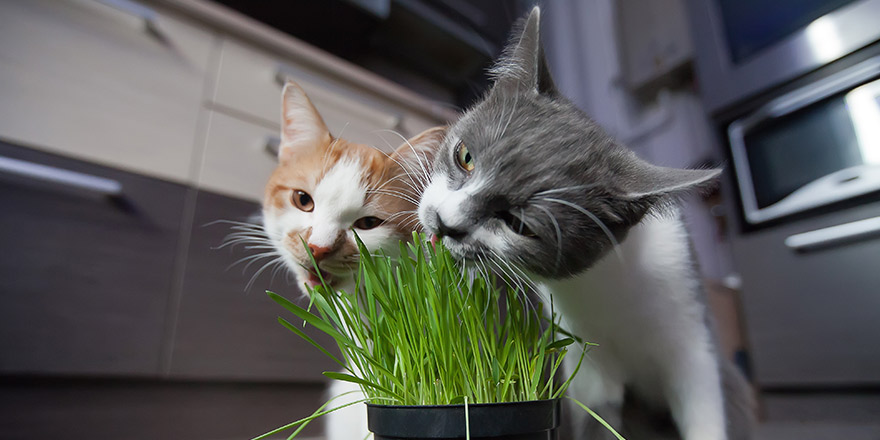
Vegan diets can have amazing health benefits for humans as they will encourage us to consume more nutritious fruits and veggies, as well as provide us with plenty of protein options to fuel us. But does that mean it can support cats’ needs? We already know the answer to ‘are cats herbivores?’ as we know they rely on a meat-based diet, but how do we know a vegan diet won’t benefit them? Find all of your answers below.
What Makes a Vegan Diet Unhealthy for Cats?
Carbohydrates
Vegan cat diets are high in carbohydrates which cats are not able to process effectively. They also don’t provide a suitable amount of energy for them. In addition, it’s unrealistic to expect cats’ systems to become well adapted to digesting these ingredients.
Lower Protein Content
Plants will not be able to provide cats with enough protein to effectively benefit their overall health. Not to mention, the quality of the protein may not be easy for cats to digest.
Check out our guide on high protein cat food for some great options.
Synthetic Ingredients
Despite some forms of cat food already containing synthetic ingredients, these are still combined with other components and animal products to form a balanced diet. Since a plant-based diet will need to rely heavily on man-made nutrients, there are a few issues that may arise here.
For example, synthetic alternatives to an amino acid such as taurine may be difficult to make and won’t compare to the nutritional benefits of the real thing. In addition to this, they may not be easy to digest.
Furthermore, it’s important for pet owners to understand where manufacturers source ingredients from. That way, they can be sure that it has been formulated with care and comes from reliable sources. Man-made nutrients may reside from undisclosed countries due to availability issues which can question whether or not the manufacturer is trustworthy.
If Cats are Obligate Carnivores – Why Isn’t Cat Food Completely Made Up of Only Meat?
After completing some research you may be wondering if you should simply allow your cat to hunt the real thing. However, our pets are our family, and letting them fend for themselves is off the table, especially since there is a multitude of healthy options on the market to feed them.
If you’ve looked at the ingredients of wet cat food, you will notice that the food is mostly made of animal parts from prey a cat wouldn’t naturally pursue. No, a cat may not go out of its way to hunt down a chicken but the product you give them will still taste delicious to them. These will also still provide them with essential nutrients to keep them happy and healthy.
Kibble, on the other hand, combines animal products with vegetable-based starches. This is because the starch is what keeps the food held together to form the shape and structure.
Supplements
Supplements aren’t always 100% necessary if your cat already has a stable diet, but will pick up the slack if they lack something, such as a vitamin, in particular. If at any point your cat develops an illness or condition, a veterinarian will be able to advise you on how to adjust their diet accordingly. They may recommend cat supplements to help take care of the areas that need extra support, whether that’s their joints, immune system, digestive system, etc.
What Can Happen if a Cat Doesn’t Eat Meat?
Put simply, if your cat doesn’t receive the essential components given by their preferred source of food, their health will suffer significantly. Without a controlled source of nutrients, they may begin to struggle with liver and heart problems. Hearing loss is also an issue that can occur as well as skin irritation.
Bottom Line – Are Cats Omnivores?
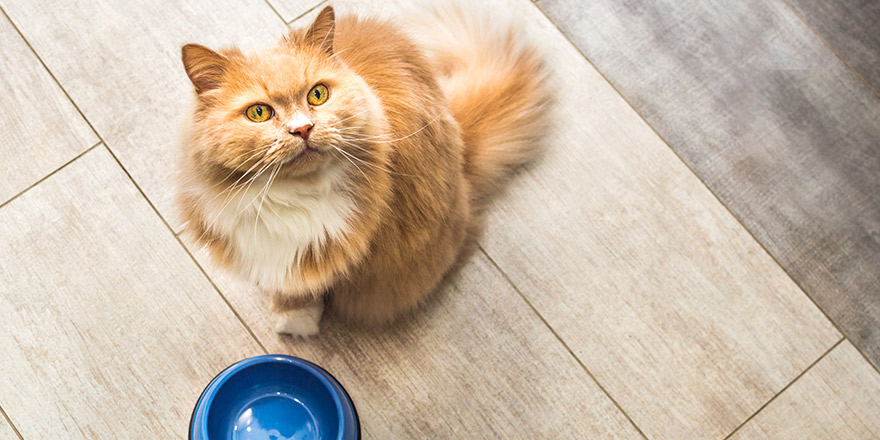
Cats are adorable little balls of fluff that we pick up and smooch but they are still built to be hunting machines. Professionals call cats obligate carnivores for a reason. Their digestive systems and metabolism is well adapted and shaped to accept a meat-based diet and they will not prosper from a vegetarian or vegan alternative. Eating meat is in their biology and forcing them to eat a diet that won’t fulfill their protein needs will result in a sick cat.

